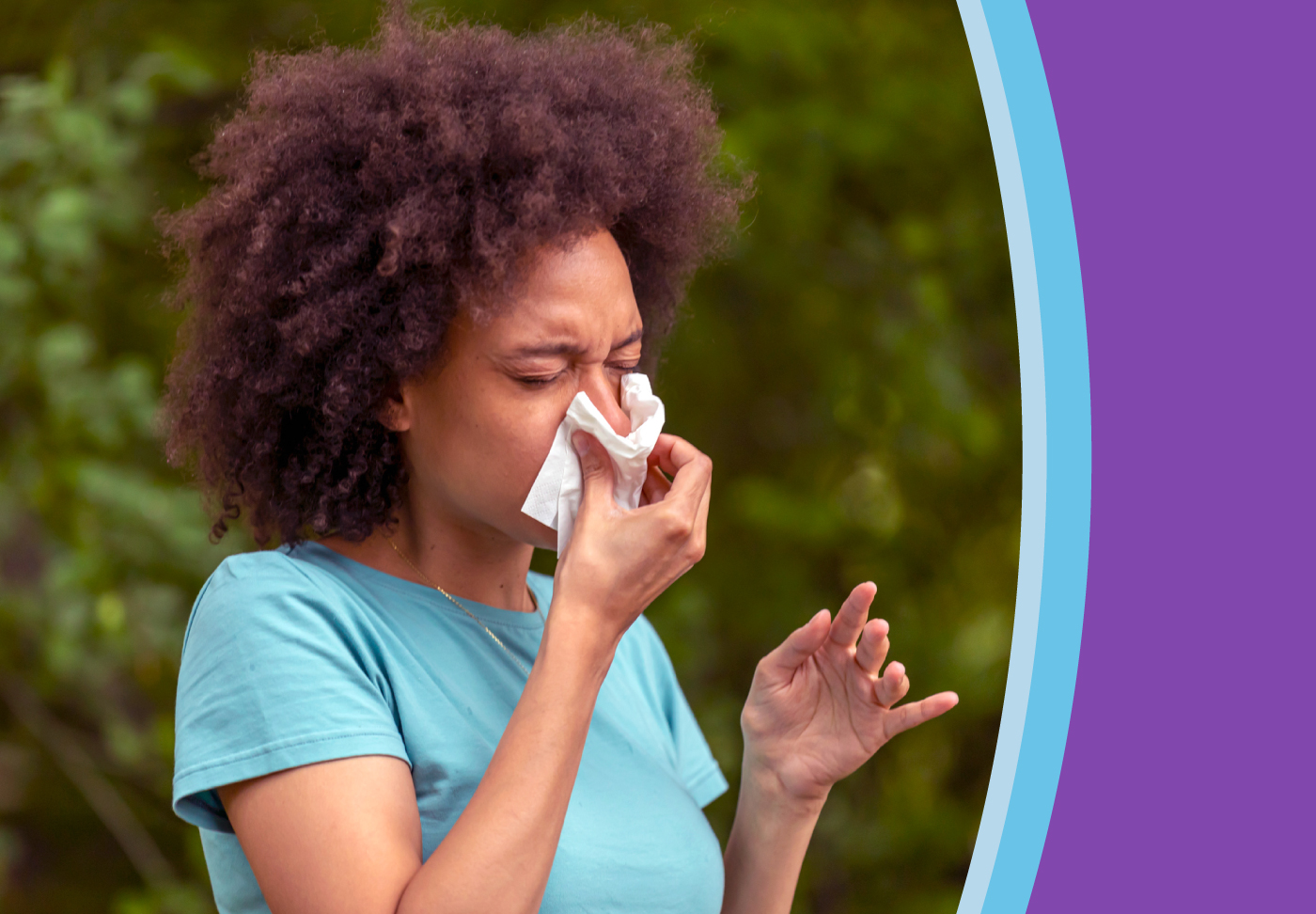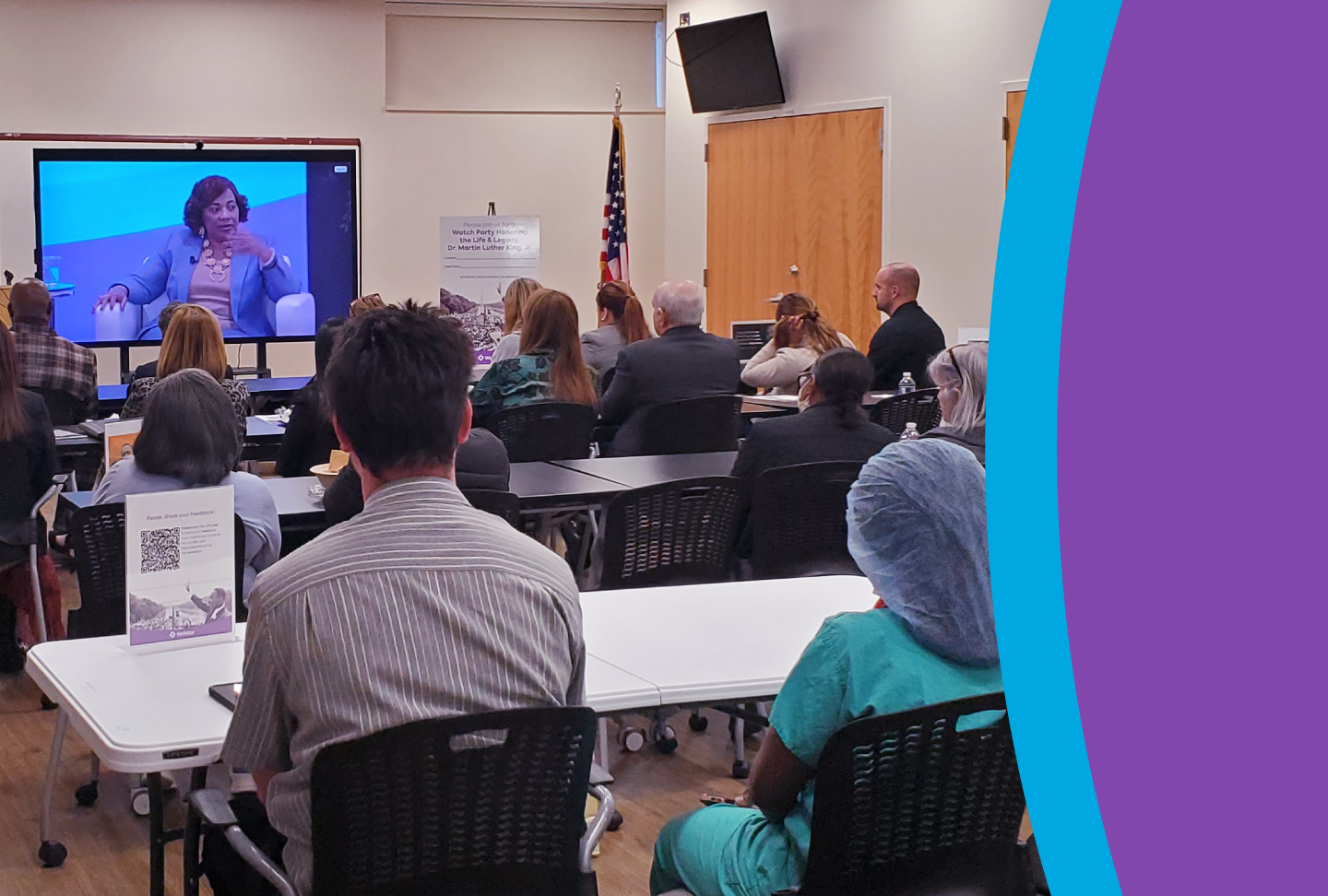
There’s an undesirable side to Georgia’s natural beauty. Just ask any allergy sufferer.
In the state’s warm climate, pollen from grasses, trees and ragweed causes itching, sneezing and wheezing almost year-round.
Dr. Timothy Ryan,
a board-certified
ear, nose and throat (ENT)
specialist at Wellstar, has tips for preventing and managing symptoms. On 95.5 WSB’s
The Weekly Check-Up
with host Bruce Feinberg, DO, Dr. Ryan shared his allergy tricks, as well as information on allergens lurking in the home, how to tell if allergy symptoms are from colds or sinus infections, and explained “antibiotic resistance” and why it’s a concern.
Seasonal allergies in Georgia
Dr. Ryan treats children and adults for various head and throat conditions, and allergies are a chief complaint.
The
Asthma and Allergy Foundation of America
ranked the 100 most challenging places for allergy sufferers. In 2025, Augusta ranked 12th and metro Atlanta 40th.
“When you talk about allergies and how they lead to sinus issues, this area is one of the hotbeds in the entire country,” Dr. Ryan said.
Common-sense ways to prevent and treat seasonal allergy symptoms
Dr. Ryan recommends that if you have allergies, start preventive medicines two to four weeks before the season when pollen kicks up, using:
- Over-the-counter (OTC) nasal steroids, such as Flonase (fluticasone) and Nasonex (mometasone furoate)
- Oral antihistamines, such as Claritin (loratadine), Zyrtec (cetirizine HCl) and Allegra (fexofenadine)
“Being consistent with these things is most important,” Dr. Ryan said. “You need to do them every day for the maximum benefit.”
Even then, allergy symptoms can break through. In those cases, Dr. Ryan recommends adding:
- Antihistamine eyedrops such as Pataday
- Saline sprays and rinses to wash irritants from your nose and sinuses
Aside from medications, Dr. Ryan described extra steps allergy sufferers can take to reduce their discomfort:
- Check pollen counts daily and limit your time outside when they are high.
- Use HEPA air filters in every room inside your home.
- Service heating and air-conditioning units and change out filters regularly.
- Take off your shoes and possibly change clothing when coming indoors from outside.
- Shower before bedtime to prevent pollen from getting into your bed.
Indoor allergens also stir up symptoms
Another culprit causing allergy symptoms is dust mites. These microscopic, insect-like pests feed on flakes of dead skin or dander shed by humans or pets. A caller on The Weekly Check-Up described having itchy ears at night, which Dr. Ryan said could be caused by an allergy to dust mites.
“We call these year-long or perennial allergies,” he said. “And patients need year-round treatment. Changing your pillows, wrapping your mattress, washing bedding frequently and putting HEPA filters in the room can help.”
Even Dr. Ryan has a routine to prevent discomfort from particles or pollutants that might have crept into his nose. “Before bed, I spray my nose with normal saline to get a moisturizing coating. You can also flush out your nose using a neti pot or other irrigation system,” he said.
“As soon as you lie flat (in bed), all the blood flows to your head, and you’ll get a little more swelling in your nose. We call that nasal cycling. If you’ve already picked up all those irritants over the day, you’re just putting gasoline on a fire.”
Is it allergies, a virus or a bacterial infection?
In peak allergy season, Dr. Ryan’s schedule is full of patients with nasal congestion, runny noses and facial pain and pressure. But not all are suffering from allergies. Some may have a
cold or another virus.
In rarer cases, they may have a bacterial sinus infection.
“The thing that separates viral infections from allergies is usually fevers and a feeling of malaise,” he said. “Typically, a patient with a bacterial sinus infection has those symptoms plus a heavy yellow or brown nasal drainage.”
Dr. Ryan noted that even in the last case, a provider won’t jump quickly to prescribe antibiotics. “Those symptoms need to last for seven straight days, or you need to get worse over those five to seven days before we start to worry that you need an antibiotic.”
OTC medicines for congestion, cough and pain usually relieve symptoms of viral and bacterial infections. Patients should also drink plenty of fluids and use a saline spray to prevent infection from the buildup of fluids caused by a cold or allergies.
“We have to be very smart about when we give antibiotics,” Dr. Ryan said. Healthcare experts have concerns about the mounting evidence that overuse of antibiotics is breeding “antibiotic resistance.” Bacteria can adapt and evolve, becoming immune to antibiotics. That can become life-threatening if someone has an infection that antibiotics can’t treat.
Find a Wellstar ENT specialist
Allergies are just one of many ear, nose and throat conditions that Dr. Ryan diagnoses and treats. Others include:
Learn about our
ENT services
and find a Wellstar doctor near you.





